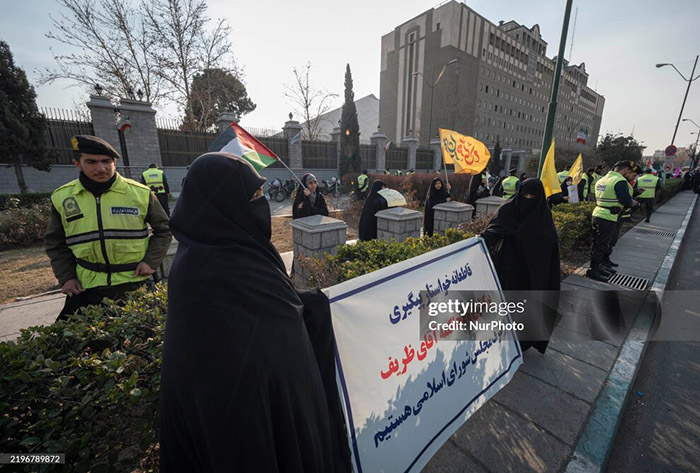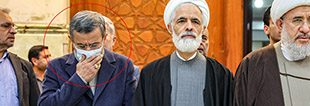Public Reactions and Political Implications
Zarif’s comments at Davos had already ignited debate before the protest took place. While he stopped short of directly opposing the hijab law, his remarks were interpreted by hardliners as a sign of leniency toward those challenging the mandate. Reformist politicians and activists, however, viewed his statements as an acknowledgment of the growing public discontent with compulsory veiling.
The low turnout at the demonstration has fueled further discussions about the legitimacy and popularity of the hijab bill. While conservative figures and state-aligned media continue to promote the law as essential to maintaining Islamic identity, the apparent lack of widespread support for the gathering suggests that the Iranian government may face increasing difficulty in enforcing such measures.
Iranian officials have responded to the situation with mixed reactions. Some hardline lawmakers insist that the bill remains a necessary step in preserving Iran’s Islamic values, while reformist voices have used the protest’s low attendance as evidence that compulsory hijab laws no longer resonate with much of the population.

